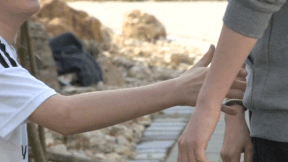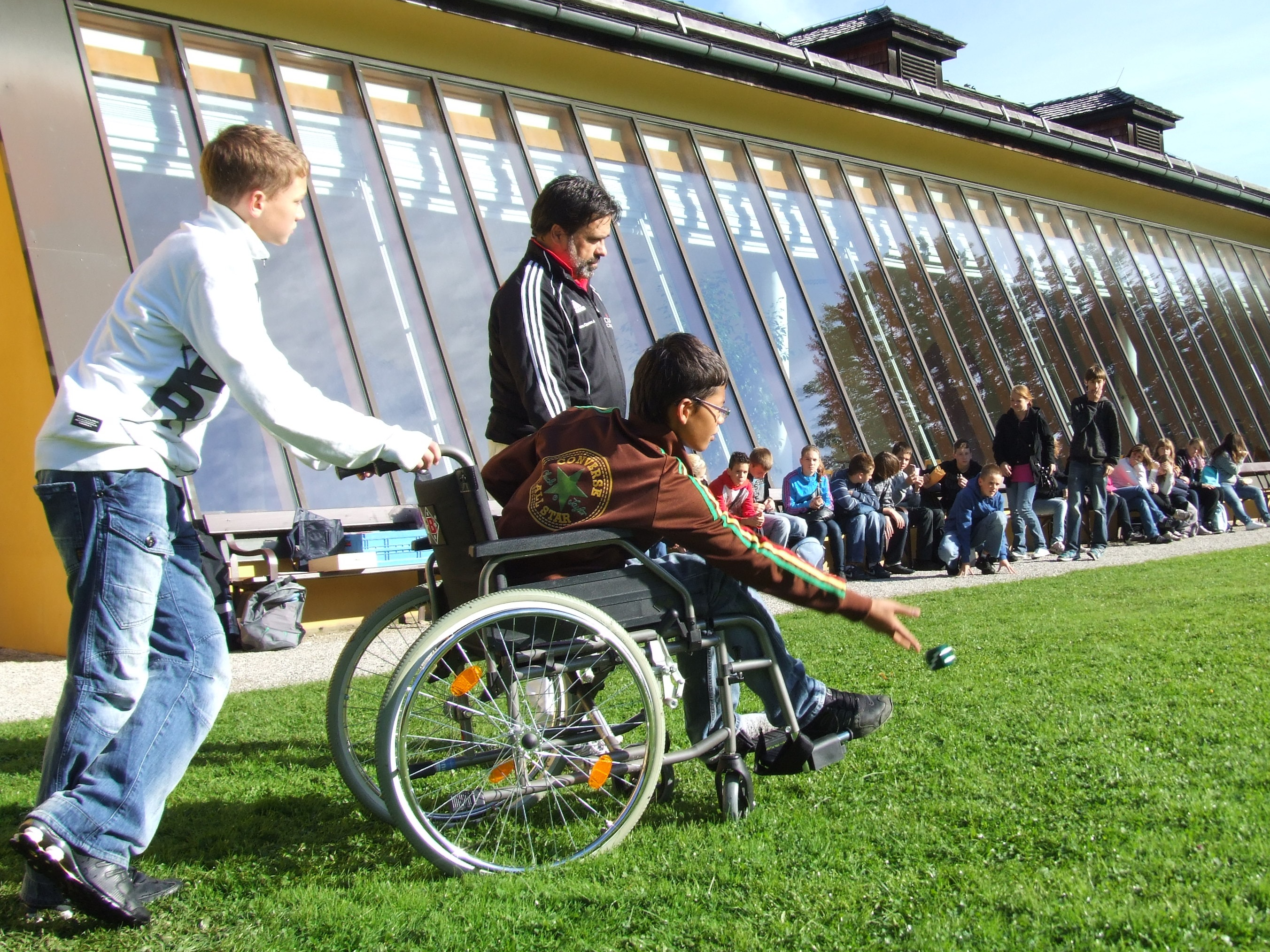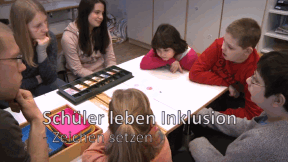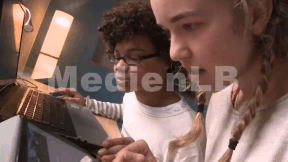 History
History


4675526 / 5563674
The Weimar Republic
The First Democracy in Germany
In the heart of the federal state of Thuringia, there is the small town of Weimar, in which the cultural histories of Germany and Europe are blended together in a confined space.
Weimar was home to many great personalities: Goethe, Schiller, Herder, Bach, Liszt, Wieland, Cranach … and many more. Numerous museums and memorials remind us of these names and tell of glories long past in Weimar.
In the year 1919, the first freely elected parliament, the constituent National Assembly, convened in the Deutsches Nationaltheater (German National Theatre) in Weimar and adopted the first democratic constitution in the history of Germany. At the Deutsches Nationaltheater in Weimar, the colours Black, Red, Gold were revealed on July 31, 1919 for the first time as the national flag of Germany.
The period of 1919 to 1933, in other words between the end of the emperor’s reign and the rule of National Socialism, was referred to after the Second World War as the “Weimar Republic”.

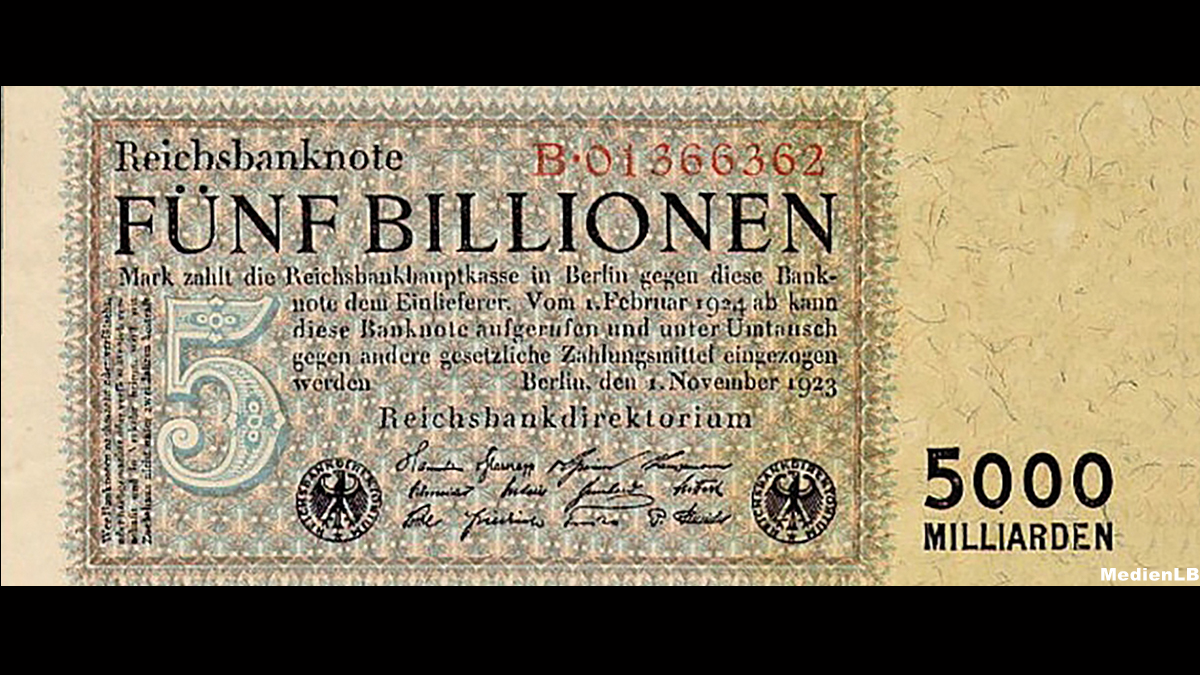
Curriculum-centred and oriented towards educational standards
Matching
Pupils Practise Inclusion
When people come together, no matter under what concomitant circumstances – ultimately, it is about how these people meet and how openly they interact with one another.





